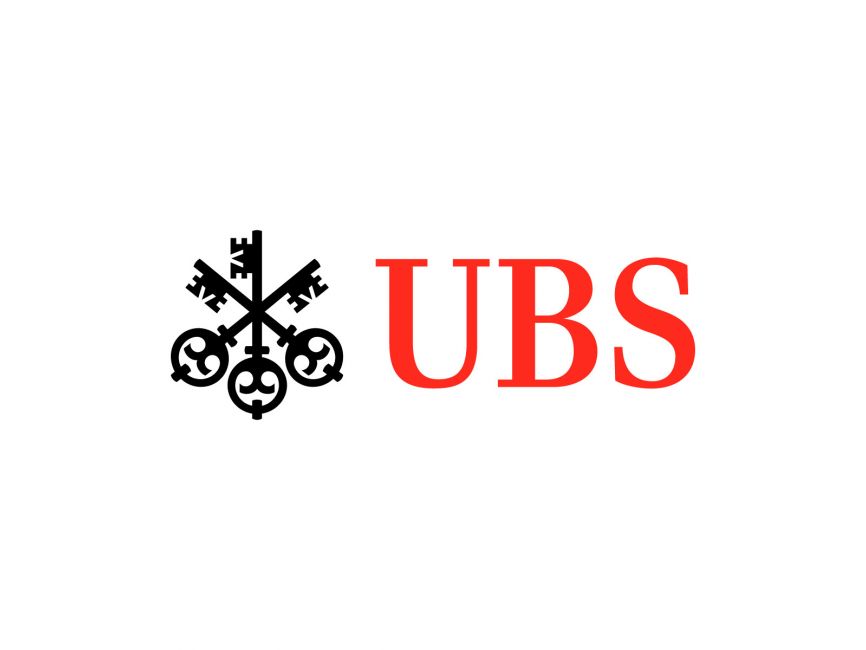The value rallying cry of UK equities has been sounded once again as wealth manager SCM Direct declares UK large-cap ETFs are currently trading at a considerable discount.
In a ‘top 10’ list of the most attractive ETF candidates by SCM Direct’s CIO Alan Miller (pictured), six of the 10 ETFs named were tracking the FTSE 100.
The 10 ETFs are:
Xtrackers FTSE 100 UCITS ETF (XDUK)
HSBC FTSE 100 UCITS ETF (HUKX)
UBS ETF FTSE 100 UCITS ETF (UB03)
iShares FTSE 100 UCITS ETF (CUKX)
iShares MSCI Eastern Europe Capped UCITS ETF (IEER)
Miller said the exposures normally offering the greatest value are strategies focused on Russia, Turkey and broader emerging markets plays, however, while posting a strong year of returns, UK large caps have become attractive after losing some steam in recent months.
The FTSE All-share index has returned 25.5% in sterling terms over the 11 months to 13 September which is ahead of the 20.4% gains made the S&P 500 and 20.9% increase booked by the MSCI Europe ex-UK index during the same period. This trajectory has changed in recent months, though, with US and Japanese equities displaying “significant” outperformance.
Part of the reason for the UK’s low rating, Miller explained, is its high concentration in lowly-rated banks and fossil fuel companies, rather than high growth tech stocks.
“The fairest way to assess the UK discount was to look at all the individual stocks with available data in the FTSE 100 and then compare their current forward price-to-earnings (P/E) ratio against similar stocks worldwide,” Miller said.
“This we believe was a way of comparing like with like, to test whether there really was any form of UK discount that was not accounted for by the types of stocks prevalent in the UK stock market.”
Using this approach, SCM Direct found the weighted average discount of a FTSE 100 stock in October 2020 was 15% versus its global, comparable peers. This discount has extended to 17.4% this month.
In fact, not only were FTSE 100 stocks still offering a discount versus global equivalents when expensive US equities were excluded but SCM Direct said UK stocks are now more cheaply rated than they have been for the last 10 years.
Also worth noting is UK equities have typically traded at a premium valuation versus emerging markets stocks over the past decade, hitting a P/E comparison ratio of 1.4 in 2015. Now, the comparison stands at 0.95, meaning they are not just similar, but the UK is marginally undervalued.
Furthermore, the large-cap FTSE 100 now looks like a bargain versus more domestic-oriented benchmarks such as the mid-sized FTSE 250. With the UK initially posting a strong bounce back from COVID-19 due to its vaccine rollout, companies with a more domestic focus enjoyed a particularly sharp recovery.
This advantage looks to be diminishing due to a mix of higher taxes and Coronavirus uncertainty. The FTSE 250 currently commands a premium of 36% in terms of next year’s projected earnings versus the FTSE 100.
Miller concluded: “Sometimes, big and boring can deliver the best results. In the UK, that time might be fast approaching.”








